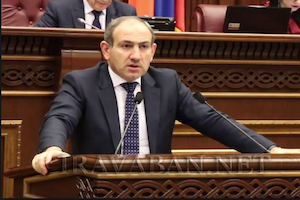Why Washington Must Re-Engage the Caucasus
By Stephen Blank
July 8, 2019, the CACI Analyst
In late 2018, National Security Council Director John Bolton signaled a revived U.S. interest in the South Caucasus by visiting all three states of the region. While the outcome remains unclear, the visit itself clearly signaled a U.S. interest in reviving a robust presence in the Caucasus. Indeed, U.S. interest should not only stem from the Caucasus’ proximity to Iran and Russia, or considerations relating to energy flows to Europe. The Nagorno-Karabakh conflict between Azerbaijan and Armenia has seen repeated recent outbreaks of violence and the issues and alignments growing out of this conflict spill over into all the other issues pertaining to the Caucasus that justify a renewed U.S. presence. Regenerated U.S. action to help terminate the Nagorno-Karabakh conflict peacefully is necessary because of the visibly mounting frustration and despair in the war zone.
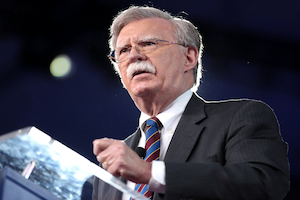
Armenia's Approach to Conflict Settlement Leads to Deadlock
By Ilgar Gurbanov
June 27, 2019, the CACI Analyst
The regime change in Armenia revived hopes in Azerbaijan that the new Armenian government would take a more proactive approach to the frozen settlement process of the Nagorno-Karabakh conflict. The latest meeting of Azerbaijan’s and Armenia’s leaders in Vienna promised humanitarian cooperation, yet the short-term silence on the frontline was soon broken by new ceasefire violations and counter-productive statements from the Armenian government. From Azerbaijan’s perspective, the building of trust required for a reinvigoration of the peace process requires steps such as the withdrawal of Armenian occupying forces from Azerbaijan’s territories, with a subsequent return of IDPs. Armenia’s overreliance on the status-quo creates systemic problems for the negotiations.
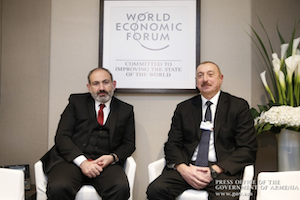
Armenia's Gas Dispute with Russia
By Natalia Konarzewska
April 29, 2019, the CACI Analyst
In March 2019, two high-ranking Armenian officials revealed that Armenia and Russia have not yet reached an agreement on the price of natural gas. Negotiations on gas tariffs are ongoing and remain high on the bilateral agenda. In late December 2018, Gazprom announced that it will raise gas prices for Armenia in 2019. Subsequently, Armenia has sought to reduce the price for Russian supply, with little success. In a move to improve Armenia’s negotiating position vis-a-vis Russia, Yerevan started to explore the possibility of importing gas from Iran. The gas row comes amid heightened tensions in post-revolutionary Armenia’s relations with Russia. Moscow has traditionally used its gas deliveries as a lever in bilateral relations and now routinely expresses its distrust in Nikol Pashinyan’s government.
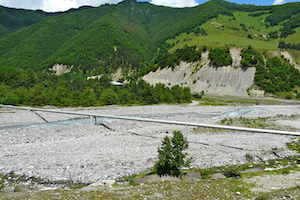
Military Procurements on Armenia's and Azerbaijan's Defense Agendas
By Ilgar Gurbanov
March 27, 2019, the CACI Analyst
In parallel with their peace talks on the Nagorno-Karabakh conflict, Azerbaijan and Armenia seek to diversify and deepen their partnerships with major arms suppliers. By diversifying its arms purchases from several different partners, Azerbaijan seeks to multiply its arsenal and retain a military advantage against Armenia, whose corresponding efforts aim to cement the status quo through military occupation of Azerbaijan’s territories. Both countries aim to maximize the tactical efficiency of their arsenals on the potential battlefield.
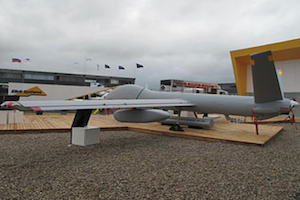
Armenia's New Government Struggles with Domestic and External Opposition
By Armen Grigoryan
March 20, 2019, the CACI Analyst
After winning an overwhelming majority at the snap parliamentary elections in December, Armenia’s Prime Minister Nikol Pashinyan has formed a new cabinet and presented its program. While Pashinyan enjoys a high level of public approval, probably the most serious challenge awaiting his cabinet in the coming months is withstanding the massive campaign by the former regime’s proxies to undermine the government’s credibility in order to avoid the prosecution of some top-level former officials and to prepare the ground for their possible return to power. Speculations about the possibility of unilateral concessions on the Nagorno-Karabakh issue have been at the center of the campaign.
